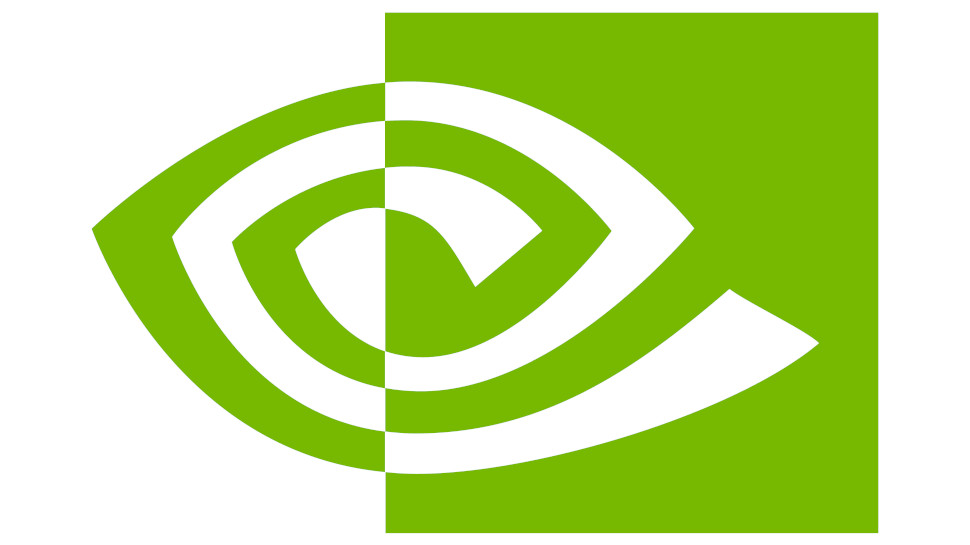Nvidia has announced a new platform built for quantum research and development across AI, high-performance computing (HPC), healthcare, finance, and other disciplines.
Dubbed Nvidia Quantum Optimized Device Architecture, or QODA for short, Nvidia says its new platform aims to make quantum computing more accessible by creating a coherent hybrid quantum-classical programming model.
Users working on HPC and AI projects will apparently be able to use the platform to add quantum computing to existing applications, using both current quantum processors, as well as simulated future quantum machines using NVIDIA DGX systems and the current installed base of NVIDIA GPUs available in scientific supercomputing centers and public clouds.
How does the technology work?
Nvidia’s cuQuantum SDK will allow developers to simulate quantum circuits on GPUs, including integration with quantum computing frameworks Cirq, Qiskit and Pennylane.
In terms of specific features, QODA will reportedly include a kernel-based programming model for quantum computing development including support for mainstream programming languages like C++ and Python.
QODA is also set to include a compiler that can accommodate quantum and classical computing-oriented instructions comingled in the same source code.
“Scientific breakthroughs can occur in the near term with hybrid solutions combining classical computing and quantum computing,” said Tim Costa, director of HPC and Quantum Computing Products at NVIDIA.
“QODA will revolutionize quantum computing by giving developers a powerful and productive programming model.”
It’s not just Nvidia that has its eyes on the lofty goal of combining quantum and classical computing.
IBM recently released a paper laying out a potential process called “entanglement forging”, which if successful, “could double” the size of the available quantum computations.
Nvidia’s sworn rival AMD could also have its eyes on the world of quantum computing.
It recently launched Europe’s most powerful supercomputer, dubbed “Lumi“, stating its vast resources could be used for research into quantum computing as well as climate change, medicine, and artificial intelligence.





